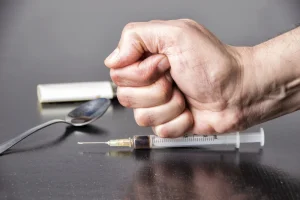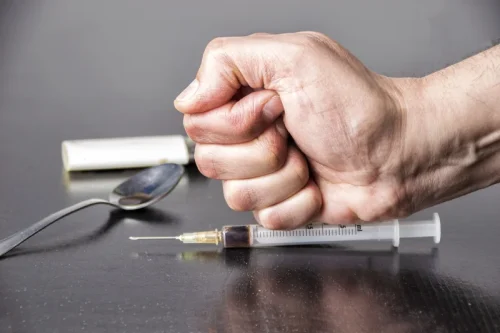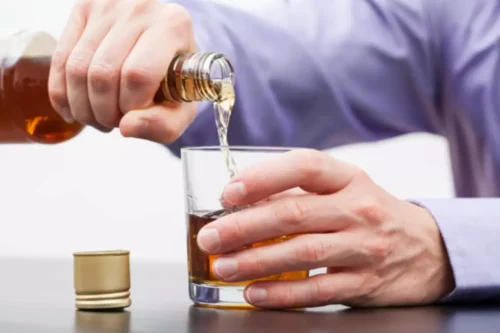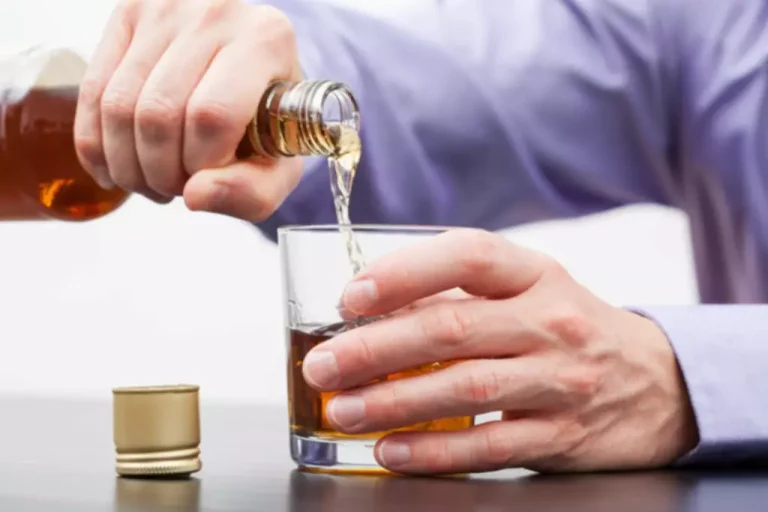
Your health insurance company will only pay for services that it determines to be “reasonable and necessary.” The treatment center will make every effort to have all services preauthorized by your health insurance company. Today, alcohol continues to function as a popular form of socialization all over the world. From Oktoberfest in Germany to America’s thriving craft beer culture, social drinking is considered the norm. We know that, because our experienced addiction counselors have helped thousands of people just like you get through medical alcohol detox and proudly reach sobriety. The term “social alcoholic” is not a recognized medical or psychological diagnosis.
- Understanding social drinking’s multifaceted definitions, low-risk guidelines, and potential impact is vital for both individuals and professionals.
- Detox can be physically and emotionally challenging, but medical professionals provide around-the-clock care to ease the process.
- While the effects of alcohol consumption can vary depending on the individual’s age, gender, and genetics, excessive drinking can have serious consequences.
- For most people who relapse, it can take years to find recovery again, and many never make it back.
- Knowing the number of standard drinks in alcohol-containing beverages can help you understand how much alcohol you are consuming and make informed decisions about your health.
For 24/7 Treatment
By recognizing the thin line between social enjoyment and problematic consumption, we can foster healthier relationships with alcohol and take proactive measures to prevent addiction. Alcohol Use Disorder (AUD) is a severe and chronic disease that extends its damaging effects well beyond the individual sufferer. The impact on physical health includes risks like liver cirrhosis, heart diseases, and mental health challenges. Its reach also extends to relationships, potentially leading to family breakdown, child neglect, or domestic violence.

Understanding the Difference Between Social Drinking and a Drinking Problem

Before the so-called Apfelsaft-Paragraph (applejuice clause) was established in Germany in 2002 beer was often the cheapest beverage available. Research has shown that various psychosocial factors can influence alcohol consumption patterns throughout an individual’s life. Behavioral therapy is a proven method for treating addiction by addressing harmful thoughts and actions.
- It has the potential to calm the storm of awkwardness, fuel our confidence, and infuse a sense of effortlessness into our social interactions.
- While alcohol harms health, having the occasional drink—depending on your physical health—with friends and family will not do you any lasting harm.
- Excessive drinking, in turn, can give rise to a plethora of health complications, including liver disorders, heart conditions, an elevated risk of certain cancers, and neurological issues.
- Many of us enjoy having a nice glass of wine with dinner, or throwing back a beer while watching the game with friends.
Co-Occurring Disorder Treatment
- Let’s look at the definition of social drinking, why people drink socially, and some red flags to look out for.
- Starting the conversation about problematic drinking can be overwhelming.
- Social drinking is characterized by moderation and control, often adding to the enjoyment of social gatherings and adhering to personal or cultural boundaries.
However, the term “Alcohol and Other Drugs”, a term what is social drinking frequently used by public health authorities, emphasizes this inclusion by grouping alcohol with other substances that alter mood and behavior. The normalization of alcohol consumption,36 along with past misconceptions about its health benefits, also promoted by the industry,37 further reinforces the mistaken idea that it is not a “drug”. Even within the realm of scientific inquiry, the common phrase “drugs and alcohol” persists, implying that alcohol is somehow separate from other drugs. Sana incorporates addiction and relationships counseling as part of its treatment programs, helping families and loved ones better understand addiction and its impact. Cognitive behavioral therapy (CBT) is another popular method, aimed at identifying triggers and developing practical coping skills. Motivational Interviewing encourages self-motivation by helping individuals recognize the need for change.
- Recognizing these signs and seeking help can prevent social drinking from escalating into alcoholism, fostering a healthier relationship with alcohol.
- This training is sometimes regulated and mandated by state and local laws, predominantly in North America, and increasingly in other English-speaking countries such as Australia.
- When individual studies use varied methods, focus on different populations, or examine separate outcomes, it also becomes difficult to compare across studies.
If you or someone you care about is struggling drug addiction with addiction, consider seeking professional detox services to begin the journey toward a healthier, addiction-free life. Well, if drinking starts affecting your daily life, health, and relationships, it might be crossing a line. Unlike a social alcoholic who drinks mostly in company but may not depend on alcohol, someone with alcoholism often drinks alone, feels a strong craving for alcohol, and struggles to manage their drinking habits. Although most social drinkers don’t become alcoholics, there are risks involved. You may start as a social drinker and slowly become a problem drinker as you begin to consume more alcohol. Instead of drinking as a social activity, problem drinkers spend a lot of time drinking alone.


In some places, such as Australia, gaining such qualifications is required by law, before one can work to sell alcohol. Alcohol product labelling could be considered https://ecosoberhouse.com/ as a component of a comprehensive public health strategy to reduce alcohol-related harm. Adding health labels to alcohol containers is an important first step in raising awareness and has a longer-term utility in helping to establish a social understanding of the harmful use of alcohol.






